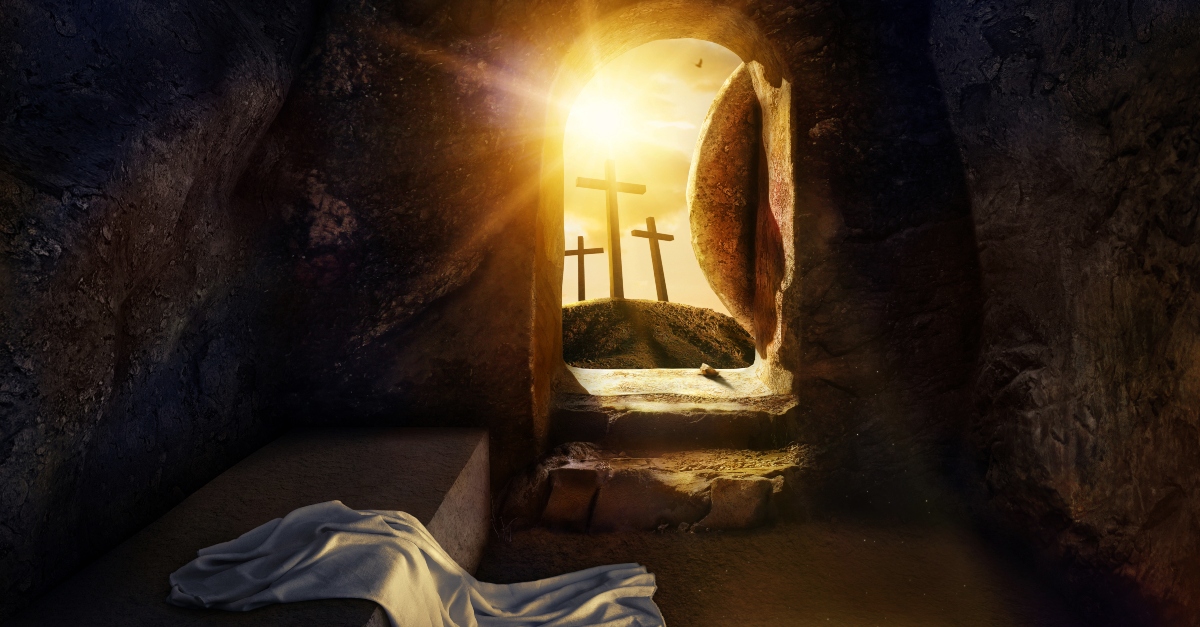And yet we still celebrate - we still rejoice, shouting Alleluia! as we ring bells and sing.
I was talking with a woman a few months ago during Advent, who was puzzled about the reasons we enter into the desert of Lent, or the darkness of Advent. She rejoices in a risen Christ, a world where light has already entered and the promise of salvation already attained. And she wondered - what is the point of the drama? Why bother acting as if God was not with us when He is?
Personally, I think it is crucial to our faith to enter into the Liturgical Year, because life isn't Easter eggs and butterflies and flowers (this year is certainly teaching us as much). Most days, we don't get excitement and the pleasant surprise of the resurrection. We get the dull monotony of yet another day that seems like every day that came before. We get the pain of an unexpected diagnosis, or divorce, or death.
The Liturgical Year intentionally walks through much of scripture - and we are encouraged to take up and read as well - for exactly this reason. When we read through salvation history and God's self-revelation through scripture - the good, bad, and ugly - we see how God was at work, even when life was bleak. Judges, Lamentations, Job: they all tell the ways that God was working even when all seemed hopeless.
This is meant to encourage us, just as much as the resurrection - although, perhaps it only can encourage us in light of the resurrection.
God allowed the Fall, to give us the resurrection.
He allowed the slavery of Israel by Egypt, to give us the resurrection.
He allowed the split of the Kingdom, to give us the resurrection.
He allowed the destruction of the Temple, to give us the resurrection.
He allowed the exile, to give us the resurrection.
He allowed the Crucifixion, to give us the resurrection.
O Happy Fault that merited such and so great a Redeemer!You know, it occurred to me that - yes, this current pandemic is clearly the worst thing much of the world, collectively, has lived through. But we all have tragedies. Darkness is just as much a part of life as light. It doesn't take a global catastrophe to give us a need for hope, it simply takes a single moment that brings us to our knees and makes us wonder - why, God?
The resurrection give us hope that in all things God is working for your good, that He is for you, that He loves you, that He has not forgotten you.
Rejoice in the Lord always, urges Saint Paul. Christ is the Divine Bridegroom, and we are His bride, pledging our fidelity. For better, for worse, for richer, for poorer, in sickness and in health.
It is raining in Atlanta today on Easter, and we are living in dark times; and still we will celebrate, for what God is doing even here and now - all in light of the resurrection. Christ is risen; He is truly risen, alleluia!









/PalmSunday-58e280f35f9b58ef7e94e120.jpg)
